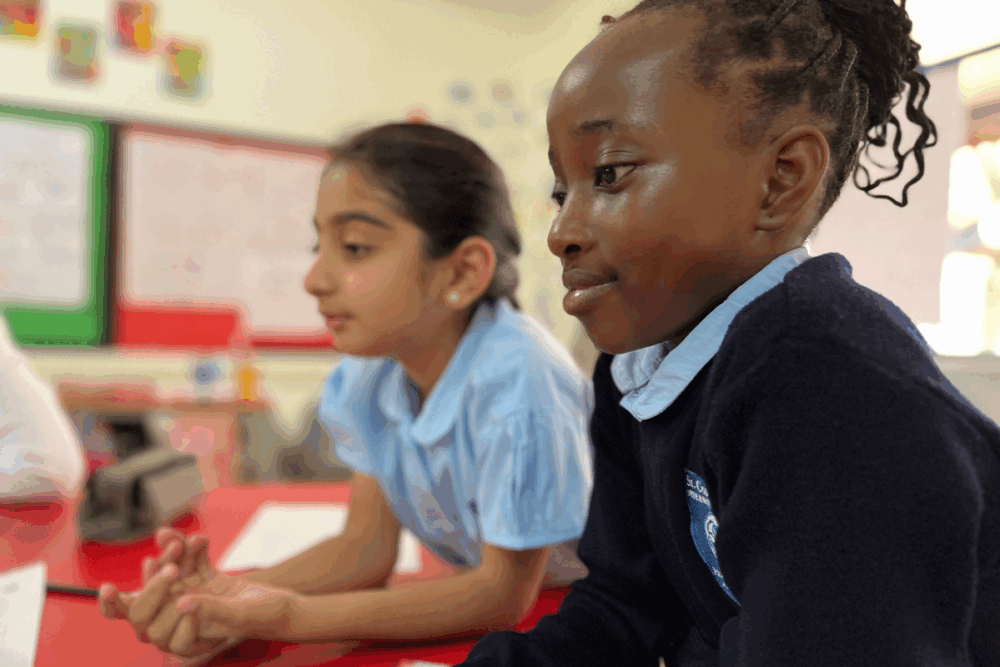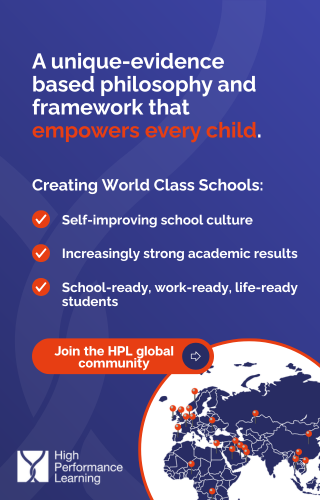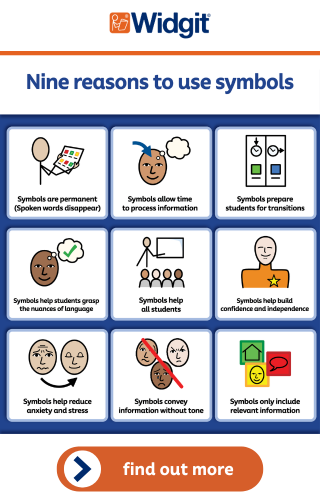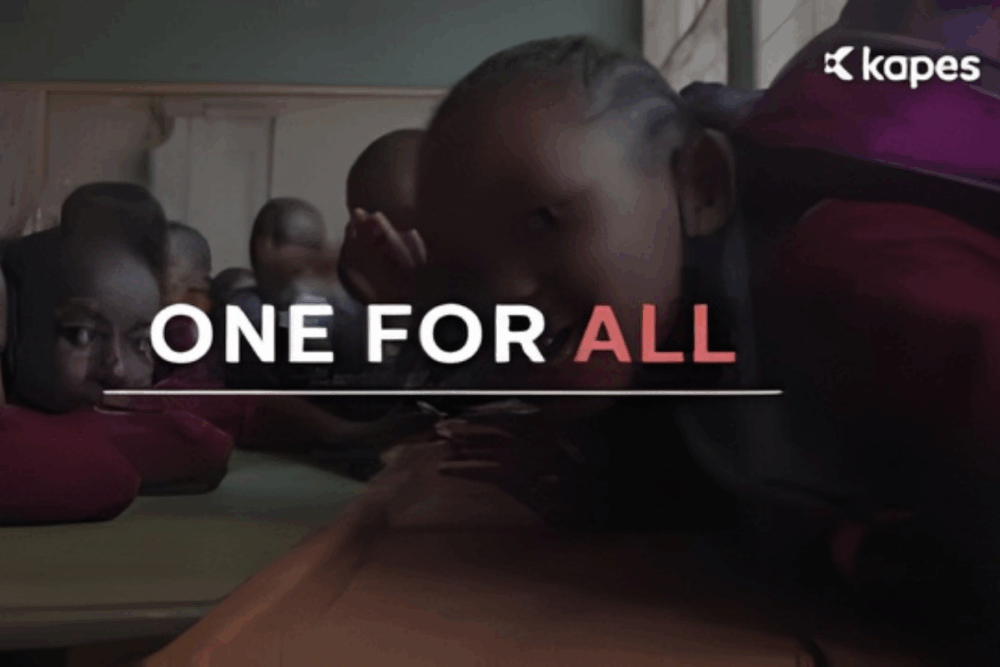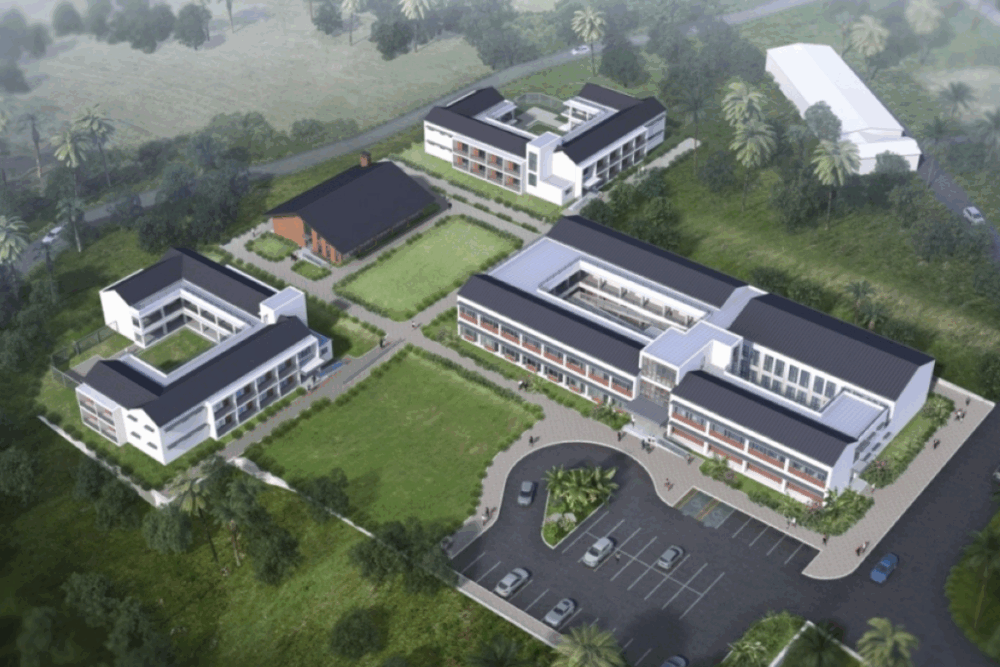A Changing Landscape
In recent years, many international primary schools across the continent have been undergoing a subtle but significant transformation. In addition to many settings globally, multiple schools in Africa are looking to broaden their provisions, embracing more progressive models of education that blend high academic outcomes with an emphasis on global citizenship, sustainability, digital fluency, and social-emotional well-being. From promoting inquiry-based learning and outdoor education to integrating local culture and languages alongside international curricula, these shifts represent a focused commitment to prepare children for success both locally and globally, enabling them to adapt confidently and maintain academic excellence in an ever-changing world.
The Case for Strong Foundations
However, foundational learning, and the importance of core literacy, numeracy and social-emotional skills that can be developed through early primary education, can have a significant influence on academic attainment and lifelong success. Underdeveloped or neglected foundational skills can contribute to challenges throughout schooling and even potentially lead to early school leaving, with gaps in the primary years often difficult to close in later years, impacting engagement with future learning experiences and further opportunities throughout life. Put simply, the cost of catching up later is too great, academically, emotionally, and economically.

Rising Expectations in Africa’s Growing International School Landscape
The international school sector in Africa has experienced rapid growth in recent years, with ISC reporting a 27% increase in enrolments over the last five years, driven by expanding middle classes, growing parental aspirations, and increasing mobility opportunities beyond the continent. As international schools continue to increase in number and ambition across the continent, the significance of foundational learning has never been more essential. In this current climate, many schools are finding themselves under growing pressure to meet higher academic expectations across a competitive, globalised landscape, with rising quality standards across Africa resulting in a strong foundation in literacy, numeracy, and social-emotional skills as a requisite for every child. Additionally, parents providing their children with an international school education are growing increasingly more expectant of not only a globally-centred curriculum and holistic experience, but visible evidence that their child is known, supported, and making measurable progress.
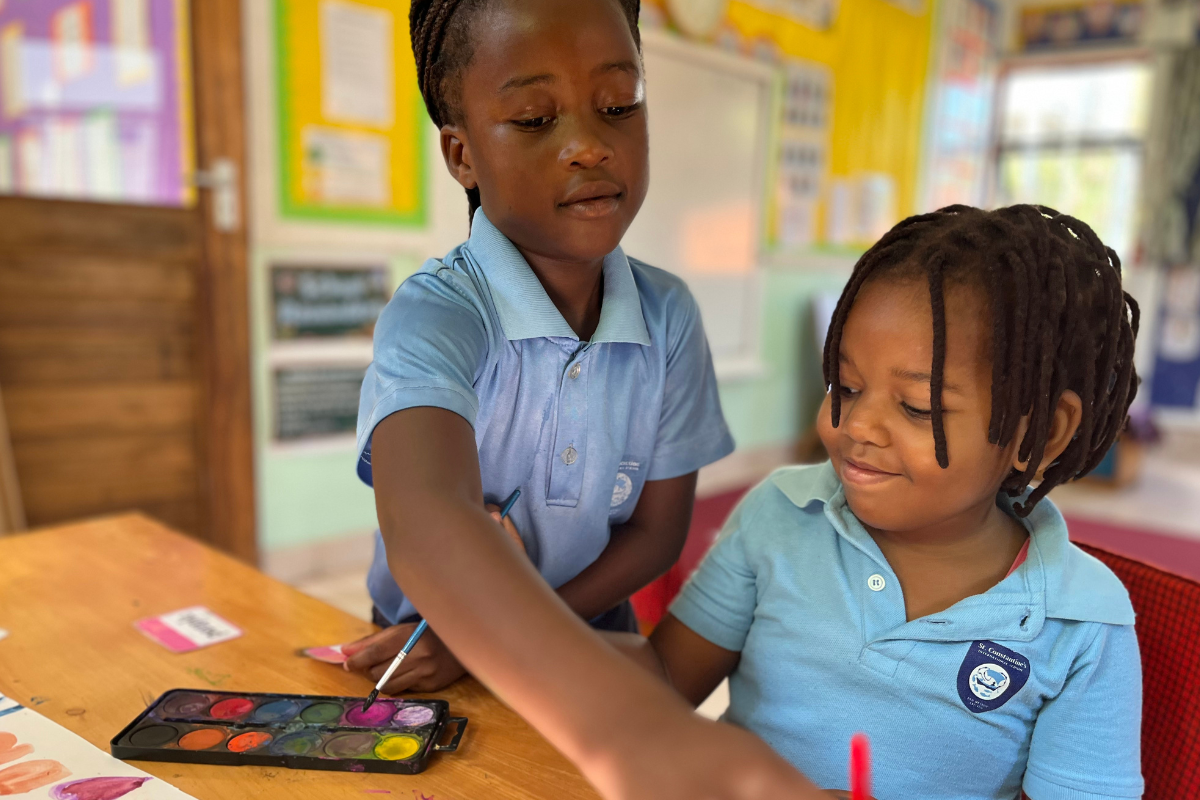
Pupil Progress in Practice
At St. Constantine’s International School (SCIS), located in Arusha, Tanzania, we have sought to translate these high expectations into practice, providing a forum for teachers to triangulate assessment data, examine existing support provisions, and consider the impact on future planning, known as Pupil Progress Meetings (PPMs). Our recent British Schools Overseas (BSO) inspection report referred to the school’s implementation of PPMs when commenting on data collection and analysis, describing sharpened analysis, improved targeted interventions, and supporting more responsive, adaptive planning and teaching. The forum is also designed to promote collaboration and consistency and provide further opportunities for year-group moderation, with a specific focus on literacy and numeracy development. Our teachers have taken even greater ownership of each child’s individual progress by tracking learning across terms and identifying needs early. Within our context and community, where students arrive at SCIS from across East Africa and beyond, with varied learning experiences, the PPMs can provide a clear view of each child’s journey and share the oversight across a broader range of key staff. The results are clear: we’ve received positive feedback from parents and staff, and seen measurable gains across terms.
Foundations for the Future
As we look to the future, with international schools continuing to expand across Africa, strong, purposeful foundations must accompany growth. Foundational learning is about more than just knowing the basics; it’s the cultivation of essential knowledge and skills that support children in accessing and engaging confidently with learning that continues to challenge and extend them. As we prioritise, implement, and embed structured, collaborative approaches and data-informed practices, schools across the continent can ensure that every child’s unique journey is recognised, supported, and realised. As a community, international schools in Africa can meet raised expectations by continuing to share best practices and creating learning-focused settings where every child has the chance to thrive, wherever their starting or entry point may be.
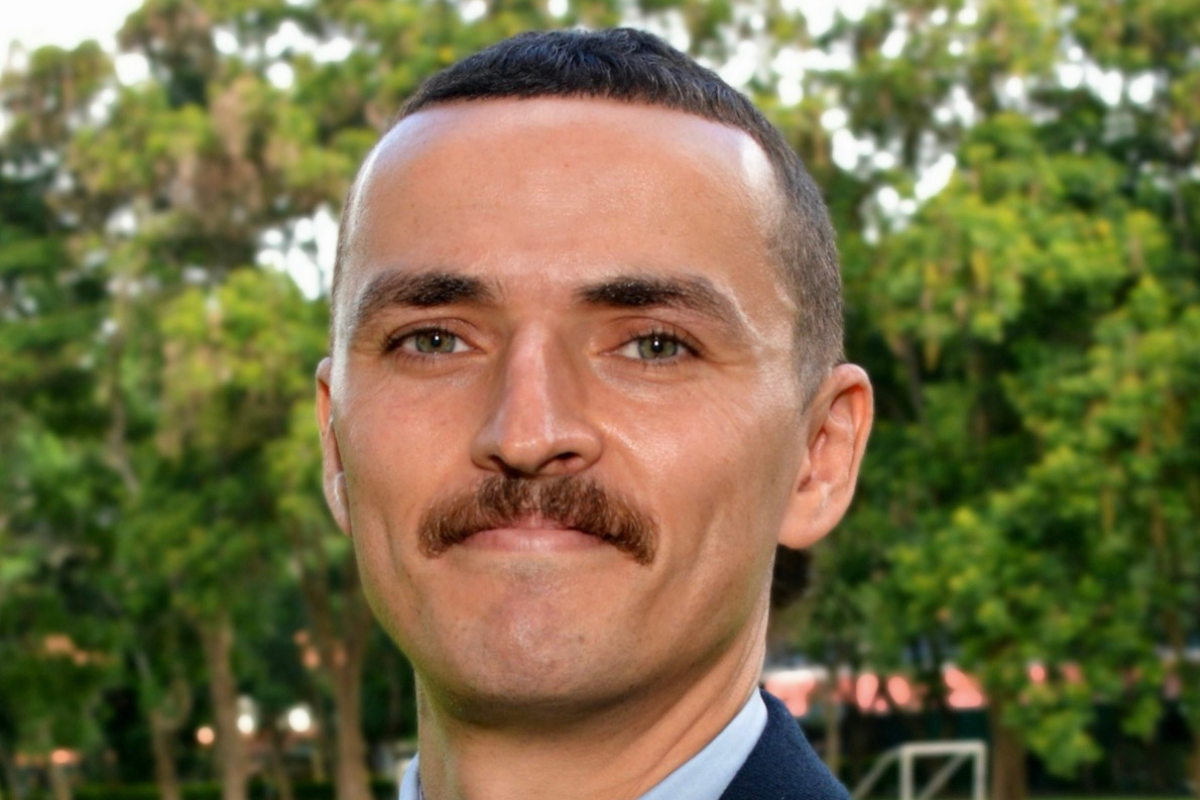
By Jamel Badaoui, Head of Primary at St. Constantine’s International School
For more information about the St. Constantine’s International School, visit their website below:

